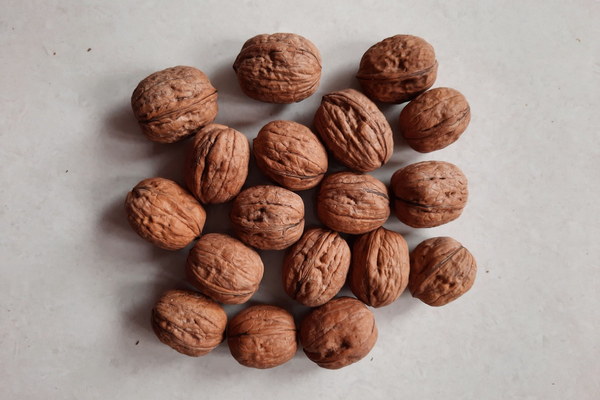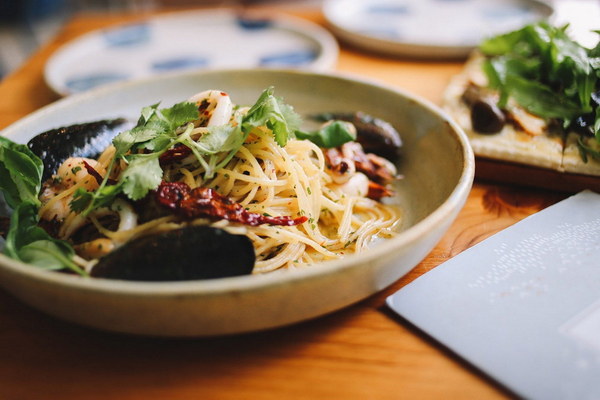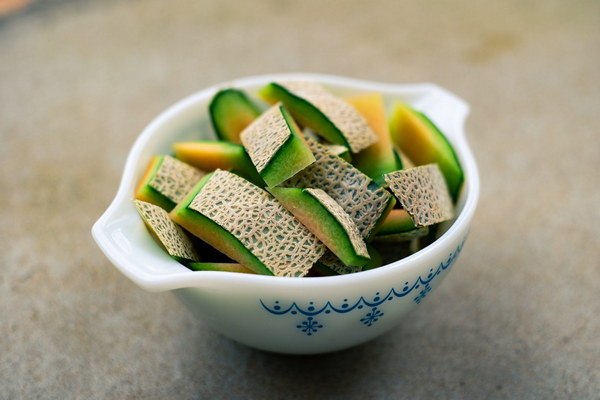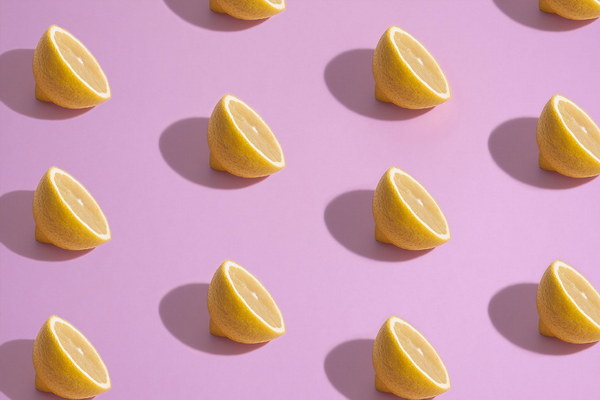Does Taking Traditional Chinese Herbs for Liver and Lung Support Cause Heat
In recent years, traditional Chinese medicine (TCM) has gained significant popularity for its holistic approach to health and wellness. Many individuals turn to TCM for treatments that support liver and lung health, hoping to alleviate symptoms of conditions such as hepatitis, lung congestion, or respiratory infections. However, one common concern among TCM users is whether these herbal remedies can cause upward heat or phlegm-heat in the body. This article delves into the question of whether taking Chinese herbs for liver and lung support can lead to upward heat and what can be done to mitigate such side effects.
Understanding Upward Heat in Traditional Chinese Medicine
In TCM, upward heat refers to a condition where heat moves upwards in the body, often manifesting as symptoms such as irritability, redness, and a hot sensation in the face, ears, or head. It is believed that certain herbs can exacerbate this condition if they are not used appropriately. The concept of upward heat is rooted in the TCM theory of yin and yang balance and the flow of Qi (vital energy).
Herbs for Liver and Lung Support
TCM uses a variety of herbs to support liver and lung functions. Some commonly used herbs include:
- Scute (Scutellaria baicalensis): Known for its anti-inflammatory and antibacterial properties, scute is often used to treat liver and lung conditions.
- Bupleurum (Bupleurum chinense): This herb is believed to help regulate the liver's Qi and is commonly used in formulas for liver and lung disorders.
- Honeysuckle (Lonicera japonica): Known for its cooling properties, honeysuckle is often included in formulas to clear heat and toxins from the body.
Can These Herbs Cause Upward Heat?
While these herbs are generally considered safe and effective for treating liver and lung conditions, there is a possibility that they can cause upward heat in certain individuals. This is more likely to occur if the patient is already experiencing a heat-related condition or if the dosage is too high.
Symptoms of Upward Heat
If upward heat does occur after taking liver and lung-supporting herbs, symptoms may include:
- Redness or heat in the face, ears, or head
- Irritability
- Increased body temperature
- Excessive thirst
- A general feeling of discomfort or restlessness
Mitigating Upward Heat

To minimize the risk of upward heat when taking liver and lung-supporting herbs, consider the following tips:
1. Consult a TCM Practitioner: A qualified TCM practitioner can assess your individual constitution and tailor the herbal formula to your specific needs, reducing the likelihood of adverse reactions.
2. Start with Low Dosages: Begin with a lower dosage of the herbal remedy and gradually increase as tolerated.
3. Monitor Your Symptoms: Pay close attention to any changes in your health and discontinue use if upward heat symptoms develop.
4. Combine with Cooling Herbs: In some cases, adding cooling herbs to the formula can help balance the effects and mitigate upward heat.
5. Maintain a Balanced Diet and Lifestyle: A healthy diet, regular exercise, and adequate rest can support your body's ability to handle herbal treatments effectively.
Conclusion
Taking Chinese herbs for liver and lung support can be a safe and effective way to improve health and alleviate symptoms. However, it is important to be aware of the potential for upward heat and take steps to mitigate this risk. By consulting a TCM practitioner, starting with low dosages, and monitoring your symptoms, you can enjoy the benefits of these traditional remedies while minimizing any potential side effects.









